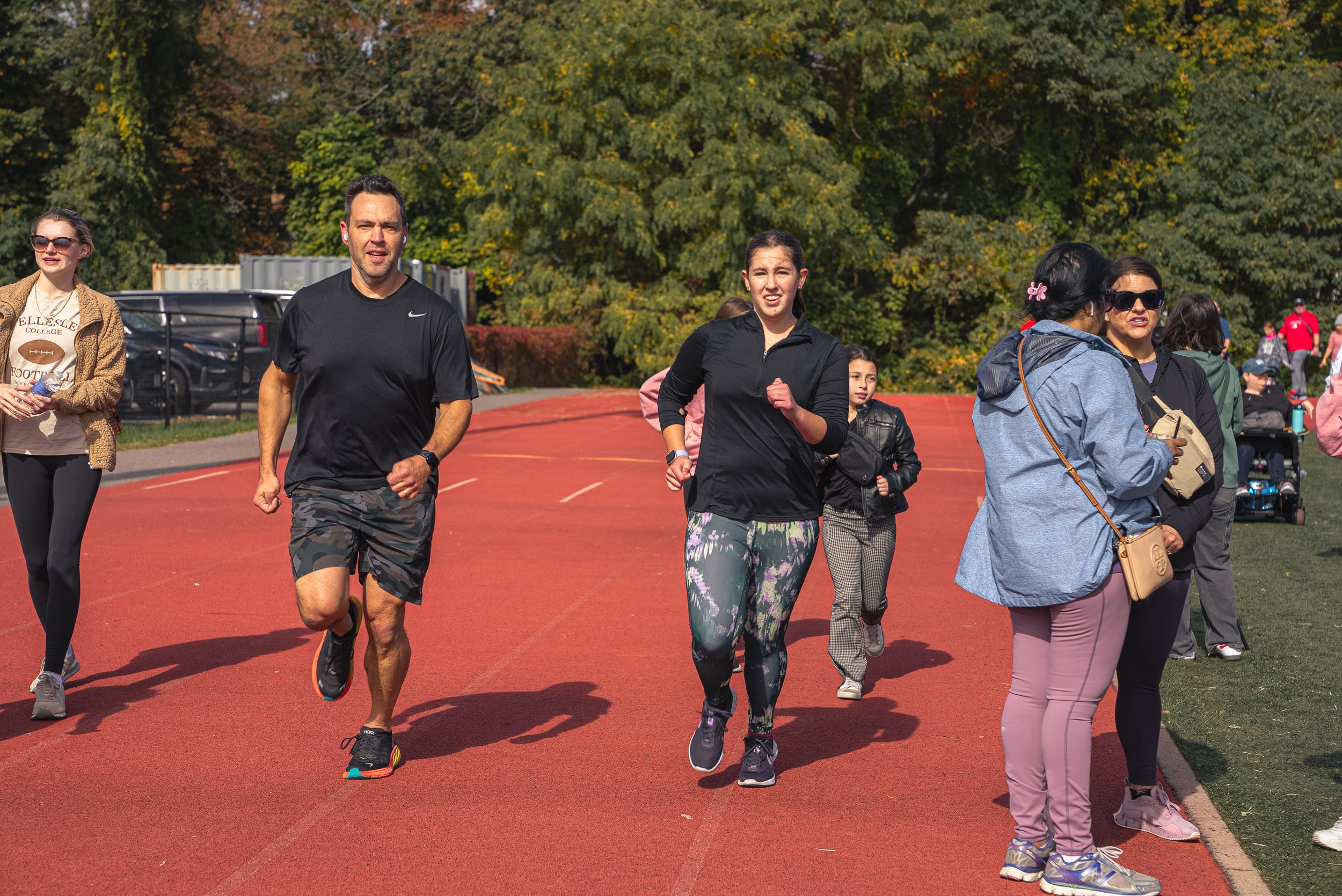
The Science of Emotion
Have you ever experienced heightened emotions after a workout or cried after a grueling race or an intense yoga class? The truth is that our emotions are inextricably linked to our physical movement - and this directly impacts our mental state.
Leave it to the researchers to confirm what we already suspected: individuals who exercise regularly have improved mental health and emotional wellbeing as well as lower rates of mental illness.
It turns out that in addition to therapy, medication and other interventions, exercise is important for people with mental illness. Joyful (emphasis on joyful!) physical activity boosts our mood, concentration and alertness - all while benefiting our cardiovascular and overall physical health. Bonus: Exercise doesn’t have to be strenuous, structured or be long in duration to have benefits.
You’ve probably heard of a “Runner’s High” or “endorphin rush” that comes with exercise. There is a true chemical reaction taking place in your brain when you engage in physical activity that significantly alters your mood for the better. Neurochemicals such as serotonin, oxytocin, dopamine, stress hormones and endorphins all change when you exercise - which is why it’s nearly impossible to finish a race or a class feeling down.
Here are some interesting facts that prove that there is a powerful connection between our physical + mental well being:
Regular exercise can help you sleep better. And good sleep helps manage your mood.
Exercise can improve your sense of control, coping skills and self-esteem. People who exercise regularly often report how good achieving a goal makes them feel.
Physical activity is a truly effective outlet for your frustrations - the bike, treadmill, squat rack or dance floor can handle your negative mood better than most people in your life! Use a real punching bag to let it out, rather than emotionally lashing out at someone you love.
Exercise can increase your energy levels - so even if you don’t feel like you have the energy to start, set the bar low and just do something - you will usually find that your energy starts to improve. Getting started is the key!
Activity with a friend or in a class can provide an opportunity to socialize, help you bond with others, and receive social support. And warm relationships with others is truly one of the keys to happiness.
People with mental health issues are at higher risk of suffering from chronic physical ailments such as diabetes, arthritis, asthma and heart disease - the physical benefits are extremely important for those with mental illness. The mental + physical cannot be separated and can lead to vastly improved outcomes for everyone.